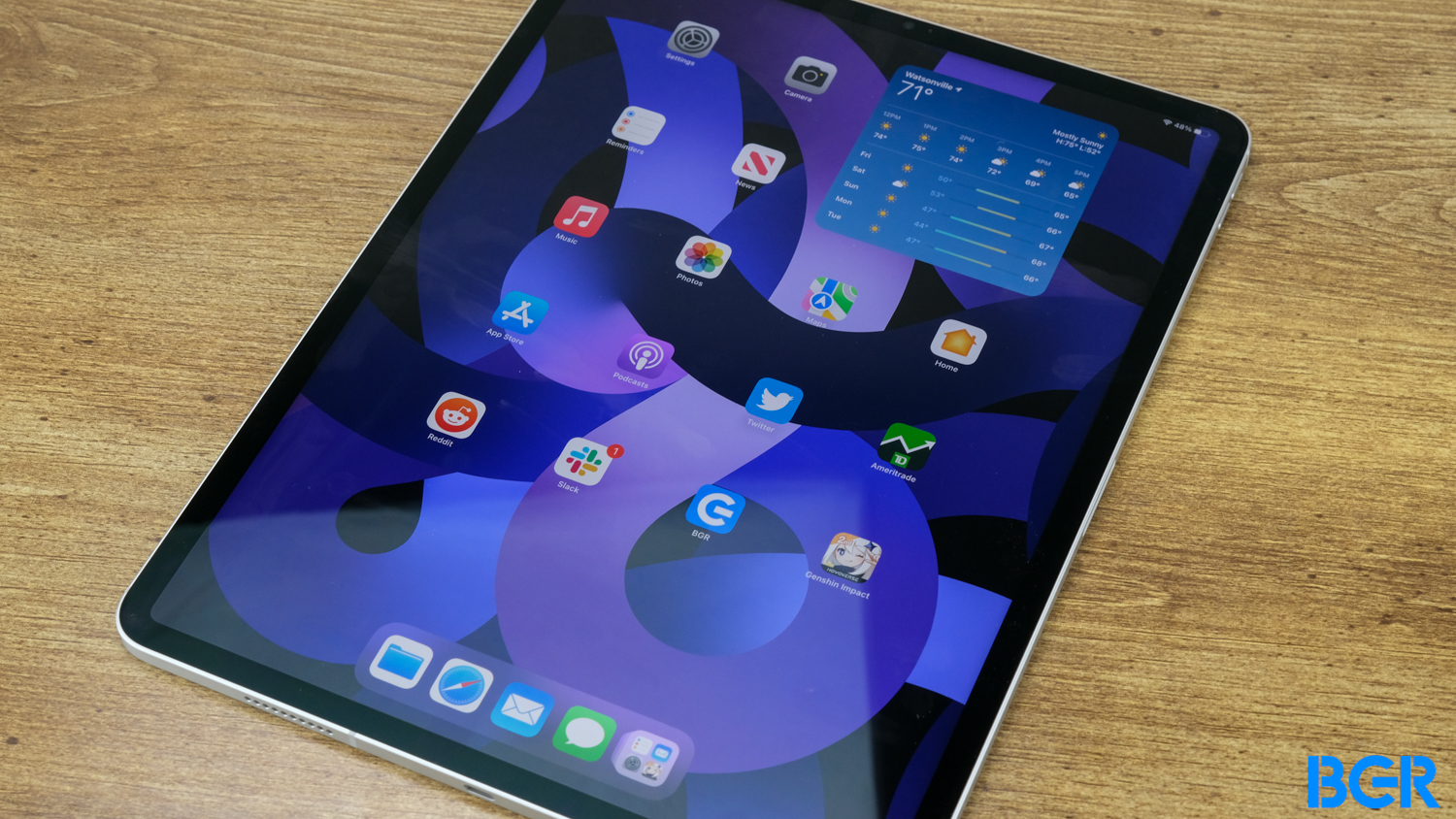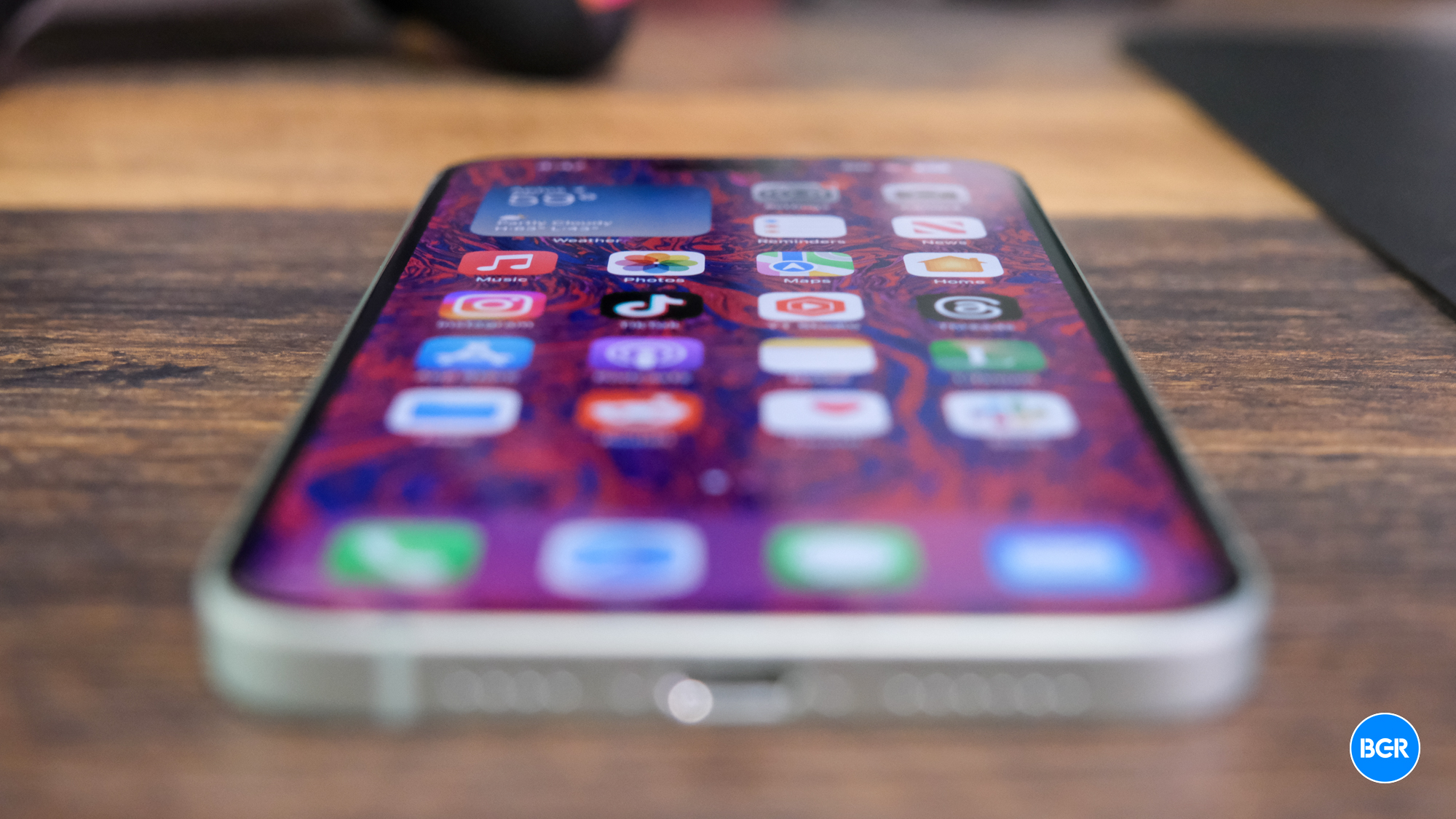With each iOS 17.4 beta that Apple releases, Europeans are getting closer to what many longtime users consider the holy grail of Apple’s iPhone: iPhone sideloading. It’s the ability to install any app on your phone, just like you do on Mac and Windows. Third-party App Marketplaces will emerge to compete with the App Store. Third-party payment systems will also be available, and many think this will make apps cheaper. Apple has confirmed all of this, so it’s happening in Europe this March when the Digital Markets Act (DMA) comes into effect.
But most of it is just wishful thinking. In reality, this is a potential nightmare waiting to happen, as malware could become much more widespread on iOS.
iPhone sideloading is hardly as good as some people would expect. And that’s actually a great thing for users like me who want nothing to do with it. Apple’s new developer agreement contains many provisions that could keep malware out of the iPhone despite opening it up to apps outside the App Store.
If you’re excited about sideloading the iPhone, as some of you apparently are, you should temper your expectations. Your iPhone experience won’t change much. You are not getting the freedom you wanted. And those third-party app markets? It will be a while before good options appear.
Report from PhoneArena detailed some of the new iPhone and iPad experiences coming in iOS 17.4. But then again, most of that is just wishful thinking.
First of all, when the final release of iOS 17.4 drops, nothing will really change. Furthermore, much of the report is completely wrong. For example, PhoneArena says the DMA provisions will unlock the iPad to its full potential. Except it doesn’t happen. iPhone sideloading does not come to iPad. Neither are third-party app stores.
Is iPad side loading a problem?

Apple has gone out of its way in its newly released DMA documentation to mention the changes for each operating system. Sideloading and third-party app stores aren’t coming to iPadOS.
iPad will get alternative payment systems and iPad apps will support links to third-party payments. But that’s it. You won’t unlock anything on your iPad. You won’t get Epic’s store when it finally launches. At least not unless Apple specifically allows it.
Let’s say Apple makes sideloading available on the iPhone and iPad in the EU. You still won’t be able to install any apps you want, whether it’s Fortnite, a torrenting service, or virtualization software. Not unless the developer goes through the painstaking process of starting their own app marketplace to sell those apps.
I’ve already explained all the reasons why iPhone sideloading is pretty much dead on arrival. Again, Epic is the only exception, and that’s despite heavy criticism. Others are not yet ready to launch their competitors in the App Store, given all the technical and financial requirements. The more popular that market becomes, the more money that company will have to pay Apple each month.
Many iPhone Sideloading Obstacles
PhoneArena the report oozes excitement around sideloading iPhones. He says that iOS 17.4 will allow you to make your iPhone “truly your own; finally there are no limits.”
While it might be embarrassing to hear it again, I will say it: when the final version of iOS 17.4 drops, nothing will change. At all. Nothing. You will not be able to make your iPhone “really yours”. The limitations are huge and it doesn’t depend on you, the user.
Developers who want to help you with this will have to go through a complex approval process that, among other things, includes proving that they have a million euros to support users. Developers won’t do it if the economy isn’t in their favor. And since they will still have to pay the “Apple tax,” albeit in a different way, they will have to consider the substance of these alternatives in the App Store.
By the way, a developer can’t open a store just to sell their apps. Because of the requirements, it should open up that market to any other developers who want to use it.
In short, iPhone apps are unlikely to get cheaper. This is almost impossible, given the new agreement that is on the table.

With that in mind, iPhone users in Europe should absolutely not expect to run anything they want on their devices in March. Especially old retro games PhoneArena says in his report. Not unless one makes a lot of money from such a venture. And if they want it, so will Apple.
I will say something else that I have already said. For most developers, the current Apple contract – the one that predates DMA and is available right now – will be the better option.
Oh, and if you’re a developer going on a new contract, you won’t be able to go back to the old one.
So no, “more freedom of choice for everyone” isn’t really coming to the iPhone. This cannot happen under the current changes Apple has introduced for the EU bloc. The only thing that will happen right away is support for game streaming apps. This is now allowed on the iPhone globally and has nothing to do with DMA. Game streaming apps will work through the App Store, not third-party marketplaces.
If you want to understand the DMA changes Apple is making in the EU, you should start with this link that explains everything Apple plans to accomplish in March.